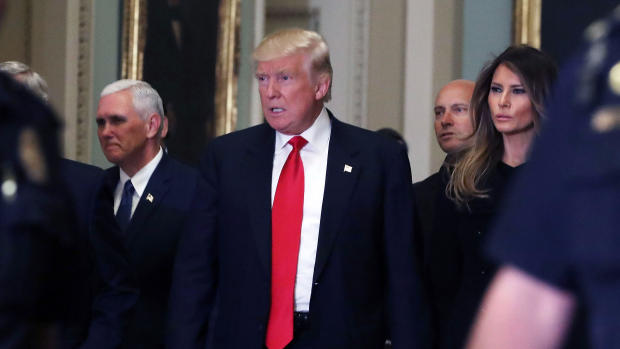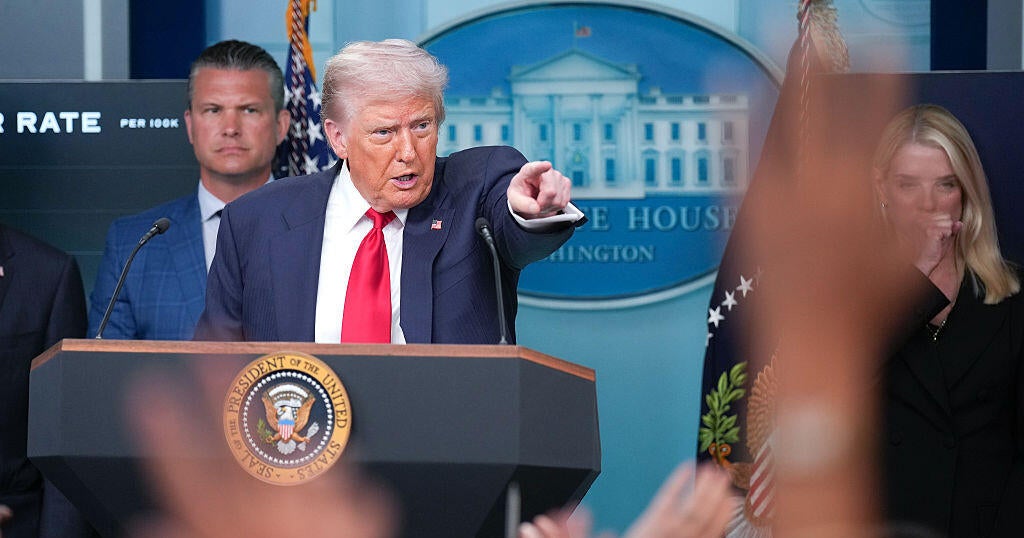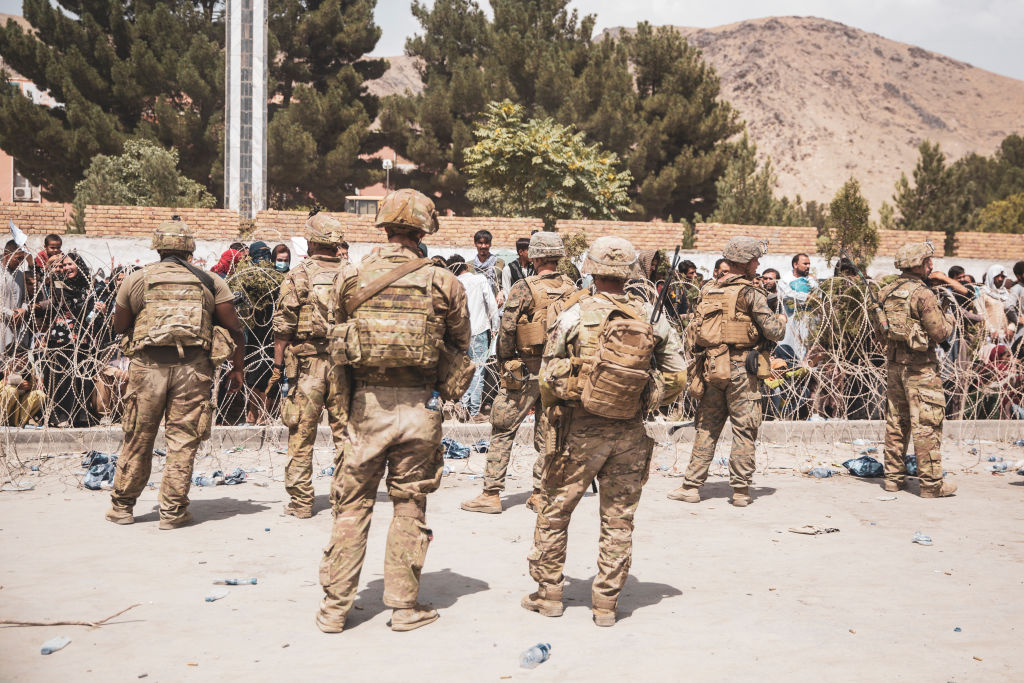Intelligence Committee approves Gina Haspel's nomination as CIA director, moves to full Senate vote
Gina Haspel, nominee to become the CIA's first female director, has been approved by the Senate intelligence Committee after telling Congress that the agency shouldn't have used harsh interrogation tactics after the Sept. 11 terrorist attacks. Haspel was approved in a 10-5 committee vote early Wednesday in a closed-door session. Her nomination now moves to the Senate for a floor vote.
Committee Chairman Sen. Richard Burr, R-North Carolina, said in statement after the vote that Haspel is the "most qualified person the President could choose to lead the CIA and the most prepared nominee in the 70 year history of the Agency."
He added, "She has acted morally, ethically, and legally, over a distinguished 30-year career and is the right person to lead the Agency into an uncertain and challenging future. I'm pleased to see the Committee favorably report her nomination to the full Senate, and I look forward to her swift confirmation."
Vice Chairman Sen. Mark Warner, D-Virginia, who originally expressed concerns with Haspel's history at the agency during her confirmation hearing, said that he believes Haspel will be a "strong advocate for the Agency's workforce, and an independent voice who can and will stand up on behalf of our nation's intelligence community."
He added, "Most importantly, I believe she is someone who can and will stand up to the President if ordered to do something illegal or immoral – like a return to torture."
With five Democrats now publicly supporting her nomination, Haspel looks likely to breeze through the full Senate floor vote, which is expected to take place at the end of the week. Senators Joe Manchin, D-West Virginia, and Joe Donnelly, D-Indiana, announced last week that they would support Haspel's nomination. On Tuesday, Vice Chairman of the Senate Intelligence Committee Mark Warner, D-Virginia, Heidi Heitkamp, D-North Dakota, and Bill Nelson, D-Florida, publicly added their endorsements to her candidacy.
Haspel's nomination has sparked renewed debate over brutal interrogation practices the CIA used on terror suspects after 9/11. Haspel was involved in supervising a secret CIA detention site in Thailand.
During her confirmation hearing last week, she said she doesn't believe torture works as an interrogation technique and that her "strong moral compass" would prevent her from carrying out any presidential order she found objectionable.
Haspel also said she would not permit the spy agency to resume its harsh interrogation program, which became one of the darkest chapters of the CIA's history and tainted America's image worldwide.
But she would not disclose any details of what she did in connection with the interrogation program or say whether she thought it had been immoral.
The only Senate Republicans who are not expected to vote for her are Kentucky's Rand Paul and Arizona's John McCain, who is battling cancer and is not expected to be present for the ballot.
Haspel's opponents, however, continue to weigh into the debate.
"Ms. Haspel is cynically trying to offer mere words in an attempt to win votes to support her confirmation," said Gen. Charles Krulak, former commandant of the Marine Corps.
"The definition of moral courage is doing the right thing at the right time for the right reasons when no one's looking. Gina Haspel failed that test," said Krulak, who organized a letter signed by more than 100 retired generals and admirals expressing concern over her nomination.






